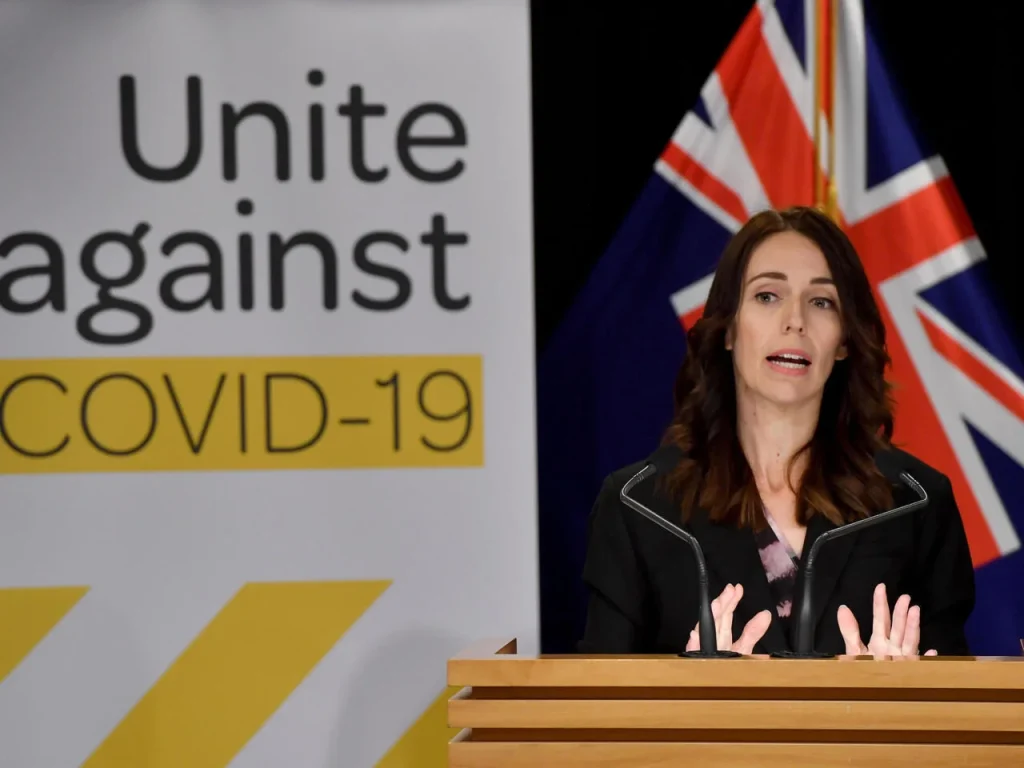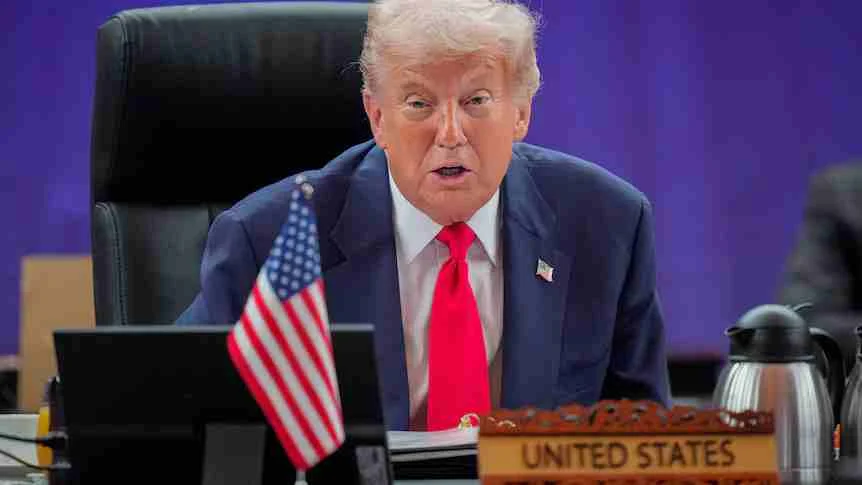Brazil has been ranked the world’s worst in managing the COVID-19 pandemic, according to a Lowy Institute study released on Thursday, January 28, 2021. The Sydney-based think tank evaluated 98 countries using six criteria, including cases, deaths, and testing metrics.
Brazil, with over 218,000 deaths by January 2021, trailed at number 98, followed by Mexico, Colombia, Iran, and the United States.
The report highlights Brazil’s struggle under nationalist leadership that downplayed the virus, opposed lockdowns, and ridiculed mask-wearing.
This ranking underscores the devastating impact of mismanagement in a country second only to the U.S. in COVID-19 deaths, raising concerns about public health strategies as the global death toll exceeds 2.2 million.
New Zealand Leads, Small Nations Shine
New Zealand topped the Lowy Institute’s rankings, praised for its “go early, go hard” approach. Strict border closures, lockdowns, and robust testing kept the virus at bay.
Other top performers included Vietnam, Taiwan, Thailand, Cyprus, Rwanda, Iceland, Australia, Latvia, and Sri Lanka. These nations, often with populations under 10 million, showed advantages in cohesive societies and capable institutions.
“Smaller countries have a comparative edge in global crises,” the report noted. Their success contrasts sharply with larger nations like Brazil and the U.S., where political resistance to restrictions fueled outbreaks.
No Clear Winner Among Political Systems
The Lowy Institute found no political system consistently outperformed others in handling COVID-19. “Most countries underperformed, competing only in degrees of failure,” the report stated. Democracies like the U.S. and authoritarian regimes alike faltered, challenging claims of systemic superiority.
China was excluded from the rankings due to limited public testing data, though Beijing has pushed narratives of effective control to promote its authoritarian model. The report’s findings suggest that leadership decisions, not political structures, drove outcomes. This insight has sparked debates on X, with users like @GlobalHealthNow noting that adaptability, not ideology, determined success.
Brazil and U.S.: A Shared Struggle
Brazil and the U.S., led by nationalist leaders in 2020, faced criticism for downplaying COVID-19. Both leaders contracted the virus, opposed lockdowns, and dismissed masks, contributing to high death tolls. Brazil’s 218,000 deaths and the U.S.’s over 400,000 by January 2021 reflect the consequences. The Lowy Institute’s metrics, including case numbers and testing rates, exposed these failures. Brazil’s ranking at 98 and the U.S. at 94 highlight systemic issues in large, populous nations. Public frustration, evident in X posts, criticized leaders for prioritizing politics over lives, with @BrazilianVoice21 calling Brazil’s response “a tragedy.”
Global Context and Future Lessons
Globally, COVID-19 cases surpassed 100 million by January 2021, with 2.2 million deaths since December 2019.
The Lowy Institute’s study emphasizes the need for cohesive policies and strong institutions. Smaller nations’ success offers lessons for larger countries like Brazil, where coordination lagged. As vaccines roll out, Brazil faces pressure to improve its response.
The report’s findings, urge governments to prioritize science over politics. With ongoing global challenges, the rankings serve as a wake-up call for better preparedness in future crises.






